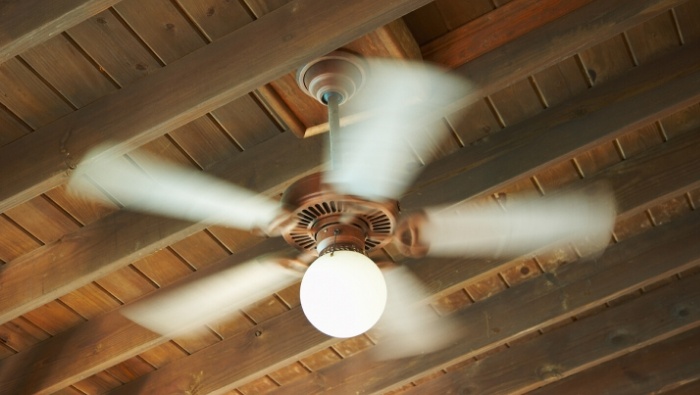5 Energy-Saving Myths That Could Be Costing You

Are some of your energy-saving practices actually costing you money? Perhaps not. But these practices certainly aren’t saving you any money.
If you like to stretch a dollar, you will want to take special notice when it comes to saving on utilities. If you are seeking ways to cut down on your utility expenses, then make sure you are not following tenets that actually amount to old wives’ tales today.
The following fallacies and myths will help you avoid following practices toward saving that, in reality, are misconceptions or falsehoods.
1. If you close off the vents in the house, you will reduce the amount you pay for heating.
Actually, if you close off the vents in your home and own a forced air furnace, you will throw the system out of whack, as closing off the ventilation will cause the system to work harder. That’s because the air cannot be evenly distributed throughout the house. Plus, the rooms that are shut off from the heat will draw heat from the rooms that are already warm. In turn, the whole house will feel colder.
Sign Up for Savings
Subscribe to get money-saving content by email that can help you stretch your dollars further.
Twice each week, you'll receive articles and tips that can help you free up and keep more of your hard-earned money, even on the tightest of budgets.
We respect your privacy. Unsubscribe at any time.
2. Using fiberglass insulation will keep cold air from entering the home.
While fiberglass does a commendable job keeping a house comfortably warm, it is not an end-all solution. If there are any cracks or drafts anywhere in the home, cold air will find its way inside, regardless of the amount of insulation installed. Air sealing will assist you in plugging any gaps or holes that invite in the cold.
In fact, chances are the ceiling in your home has what equates to a two-foot-sized square that is drafting warm air into the attic and sucking in icy air around the windows and doors. You cannot see this hole because it is comprised of several smaller openings. Such gaps exist around light fixtures, the chimney, and plumbing pipes. The holes are also hidden beneath insulation. The holes need to be plugged and sealed to ensure that the insulation use is optimized.
3. Leaving the ceiling fans on in your home will cool the area, even when you are at work or away for the day.
You don’t want to run the ceiling fans when you are not at home as you simply will be wasting electricity. Fans work to cool your skin but do not change the temperature in the room. If you run a fan when you are not around, you’re simply wasting valuable electricity.
4. Buying a high-efficiency HVAC system will instantly reduce utilities.
While a high-energy HVAC system can help you save money, you must be careful about how the system is installed and ensure it is adequately sized. The U.S. Department of Energy has found that improperly installed and poorly sized equipment can cause homeowners to waste as much as one-third of the energy consumed.
5. The higher the thermostat is set, the faster the house will get warm.
The level at which you set your thermostat has no bearing on the amount of heat delivered. If you set the thermostat at the desired temperature, the house will warm just as quickly as when set at a higher temperature. Plus, you will probably have to reduce the temperature anyway, which will cause you to use more energy.
Reviewed February 2024

